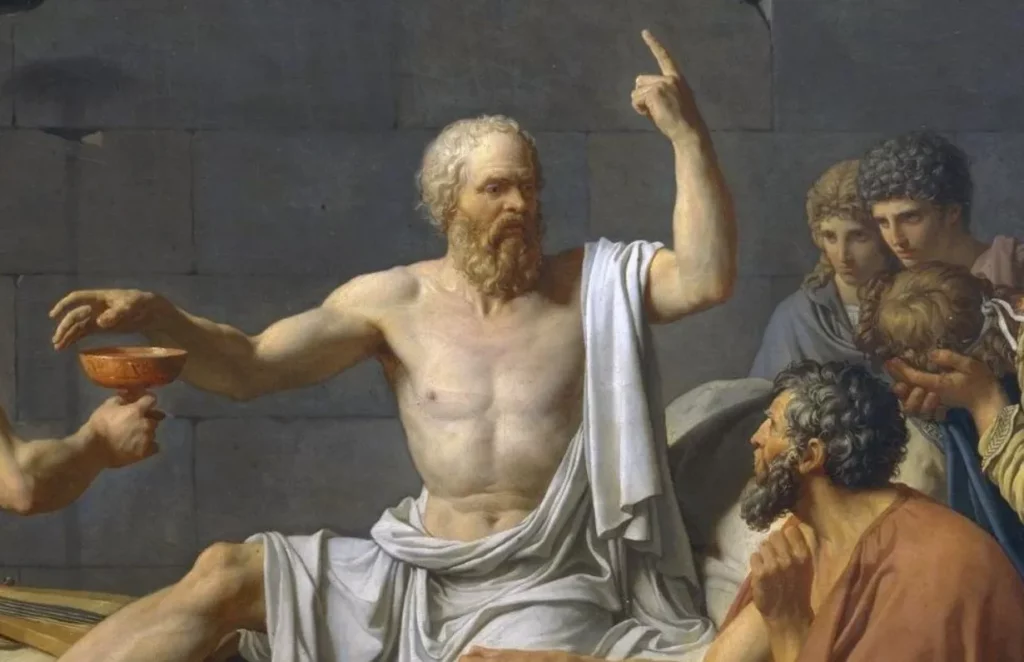Socrates was a well-known and controversial figure in his native Athens, so much so that he was frequently mocked in comic dramatists’ plays. But did you know that he never actually wrote anything?
Socrates left no writings. Everything we know about him comes from accounts by members of his circle, primarily Plato and Xenophon, as well as Plato’s student Aristotle, who learned about Socrates from his teacher.
Socrates’ Philosophy
Socrates and his way of looking at life impacted the philosophy that it is divided into two parts: what came before him and what came after him. For this reason, the philosophers who came before him are known as pre-Socratics. Although the philosophers who came after him are not known as post-Socratics, it has been said that “all philosophy is a footnote to Plato.” Plato was Socrates’ most revered pupil and the primary disseminator of Socrates’ philosophy.
Socrates never wrote anything, and when Plato uses Socrates as the main character in his dialogues, it can be difficult to tell how much is historical Socrates and how much is Plato. We can, however, get a sense of what Socrates was like. Socrates and the title character sit down to discuss what it means to be good in Meno, one such Platonic dialogue alluded to above. The debate is lively, and they arrive at two opposing views of what good is without ever reaching a definite conclusion. This is typical of Socrates: he is constantly questioning, frequently ironic, and never accepts the easy answer. (Source: The Collector)
The Development of Socrates’ Philosophy
As Athens’ democracy grew, so did the need for a persuasive argument. This resulted in a thriving industry within education taught by Sophists. They charged a fee to teach rhetoric, oratory, and logical argument. The Sophists were heavily criticized. Paying for education was considered impolite in Athenian society, and the phrase “mere sophistry” is still used disparagingly today for arguments lacking substance.
Socrates chastised the Sophists and frequently debated with them. But, arguably, Socrates was also a sophist; he followed that tradition, except that he didn’t charge for what he taught and was more interested in uncovering genuine knowledge than simply teaching logical argumentation, even though he was unquestionably a master of that art.
According to all accounts, Socrates was a witty, ironic, eloquent speaker who had cutting insight and thought incredibly profoundly. According to legend, the Delphic Oracle, who the Greeks believed spoke directly for the gods, declared Socrates the wisest man alive. This was something Socrates found challenging to accept at first. He set out to see if it was confirmed by questioning and engaging in discussion with everyone he thought was wise or knowledgeable. He was disappointed because each of them professed their wisdom, but none appeared to know what they were talking about. Socrates concluded that he was the wisest man alive not because he knew a lot but because he knew nothing.
Socrates’ legacy was aided in no part by his martyrdom and having Plato as a student. Even if Socrates could have avoided the charges, he would not have compromised his beliefs. Beyond his wit and wisdom, his courage added integrity and weight to his teachings. Plato was inspired by what he saw and heard in Socrates’ philosophy, and his writings immortalized Socrates to the point where he profoundly shaped western cultural and intellectual history. (Source: The Collector)
Image from TheImaginativeConservative
